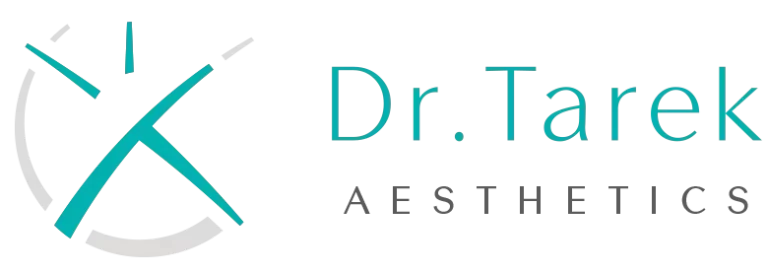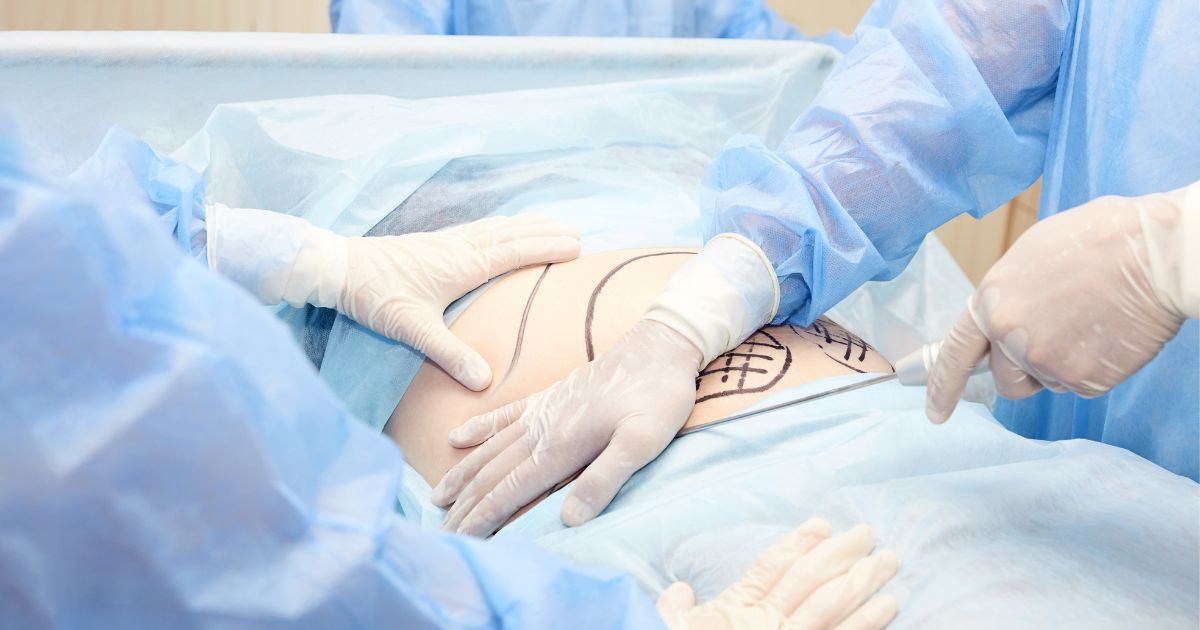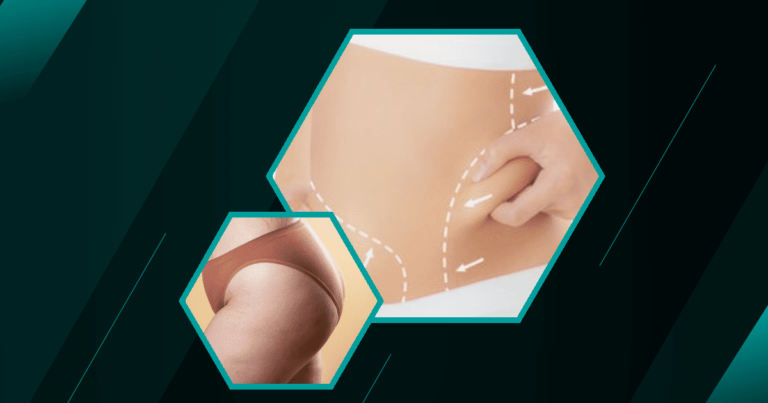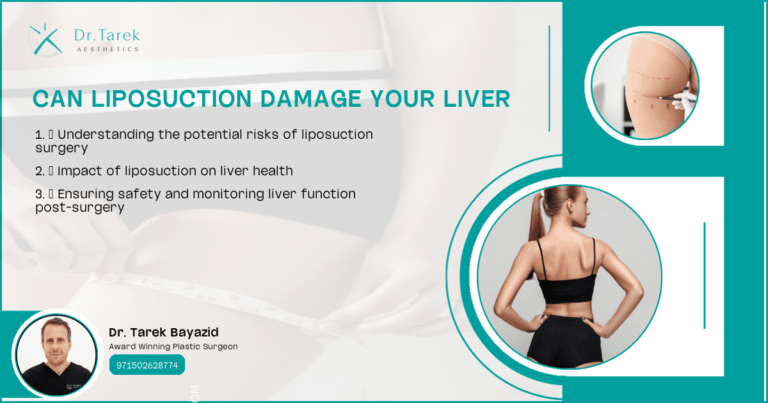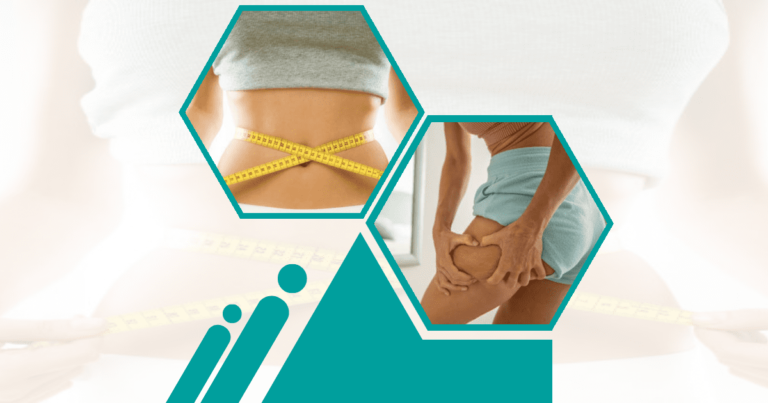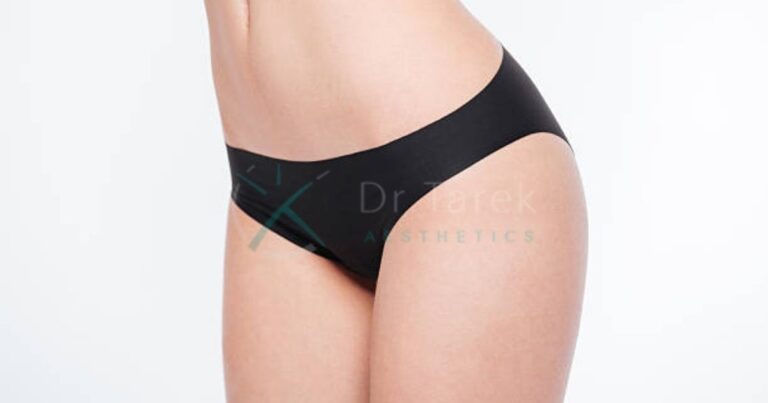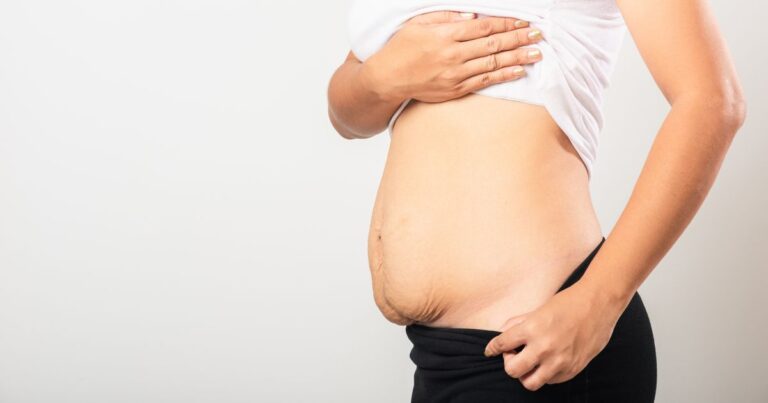When it comes to treating large lipomas, many patients and medical professionals are turning to liposuction as a safe and effective alternative to traditional surgical removal.
In this article, we’ll explore the benefits of liposuction for large lipomas removal and discuss how it can provide a minimally invasive solution for patients seeking treatment.
Understanding Large Lipomas
Lipomas are fatty tumours that grow beneath the skin. Although generally harmless, large lipomas can become uncomfortable, painful, or cosmetically concerning. A lipoma is considered large when it measures more than 5 centimetres in diameter.
The Challenges of Treating Large Lipomas
Large lipomas can pose unique challenges compared to smaller ones. They may cause more discomfort or pain, be more noticeable, and be more likely to compress nearby nerves or structures. Removing a giant lipoma using traditional excision may result in significant scarring and a longer recovery.
Book A Consultation With Dr Tarek Bayazid
Top-rated Plastic Surgeon For Liposuction in Dubai
Installment Plan Available
Benefits of Liposuction for Large Lipomas
It presents several advantages of liposuction for treating large lipomas:
Minimised Scarring
Despite the size of the lipoma, liposuction requires only a tiny incision, which reduces scarring compared to traditional excision.
Faster Recovery
Liposuction is minimally invasive. Therefore patients may usually get back to their regular routines and activities sooner.
Reduced Risk of Recurrence
Complete lipoma removal using liposuction reduces the chances of it growing back in the exact location.
Improved Cosmetic Outcome
Removing lipomas through liposuction can produce better aesthetic results than traditional excision.
How Liposuction for Large Lipomas Works?
The procedure for removing a giant lipoma using liposuction is similar to that of smaller lipomas. However, understanding different types of liposuction or approach to ensure the safe and effective removal of a giant lipoma.
Tumescent Technique
This technique involves injecting a local anaesthetic solution and a vasoconstrictor into the area surrounding the lipoma. It helps numb the area, minimise bleeding, and facilitate lipoma removal.
Power-Assisted Liposuction
PAL uses a specialised cannula that vibrates rapidly to break up the fatty tissue more efficiently. It can benefit large lipomas, allowing for easier and more precise removal of fatty tissue.
Ultrasound-Assisted Liposuction (UAL)
UAL uses ultrasound energy to liquefy the fat within the lipoma, making it easier to suction out. This technique can benefit large or fibrous lipomas that may be more difficult to remove using traditional liposuction techniques.
Safety Considerations
Ensuring the safe and effective treatment of large lipomas, choosing a skilled and experienced surgeon is crucial. The surgeon should thoroughly understand large lipomas’ anatomy and potential complications and be proficient in advanced liposuction techniques.
Complications can be kept to a minimum with careful examination and selection of patients.
The dangers and benefits of liposuction and any alternatives that may be more suitable for your particular case should be discussed with your surgeon, as not all large lipomas are suitable candidates.
Post-Procedure Care and Recovery for Liposuction of Large Lipomas
After undergoing liposuction to remove large lipomas, following the post-procedure care instructions provided by your surgeon is essential. The right recovery and treatment can achieve the best potential outcomes and the lowest possible risk of problems.
This section will outline the essential aspects of post-procedure care and recovery following liposuction for lipomas.
Immediate Post-Procedure Care
Compression Garments
Your surgeon may recommend wearing a compression garment around the treated area to help reduce swelling, support healing, and improve the contour of the area.
Pain Management
Some discomfort is expected following the procedure. Your surgeon may prescribe pain medication or recommend over-the-counter options to help manage any discomfort.
Antibiotics
If prescribed, take the entire course of antibiotics to prevent infection at the incision site.
Swelling and Bruising
Some swelling and bruising are normal after liposuction and may last several weeks. Compression garments and over-the-counter anti-inflammatory medications can help manage these symptoms.
Activity Restrictions
Your surgeon will provide specific guidelines on when you can resume daily activities and exercise. It is generally possible to resume light activities within a few days after surgery, while more strenuous activities must be postponed for several weeks.
Incision Care:
Keep the incision site clean and dry, and follow your surgeon’s instructions for changing any dressings or applying topical medications.
Follow-up Appointments
Follow up with your surgeon at all scheduled appointments to monitor your progress and address concerns.
Tips for a Smooth Recovery
Stay Hydrated
Proper hydration is essential for healing. Avoid dehydration by consuming plenty of water and reducing caffeine and alcohol.
Eat a Balanced Diet
Diets high in vitamins, minerals, lean proteins, and whole grains support your body’s healing ability.
Avoid Smoking: Smoking can impede healing and increase the risk of complications. If you smoke, it is crucial to quit before the procedure and refrain from smoking during recovery.
Follow Your Surgeon’s Instructions
Following the instructions of your physician after surgery is crucial to a speedy recovery and the best possible outcomes.
Liposuction is a safe and effective treatment option for both small and large lipomas. Successful outcomes and enhanced quality of life can be yours with careful consideration of your options, open discussion of potential outcomes, and adherence to post-operative treatment instructions recommended by your surgeon.
Are you considering liposuction in Dubai for lipoma treatment? Dr. Tarek’s Aesthetics is dedicated to giving excellent service and stunning outcomes.
Through individualised care and cutting-edge procedures, our highly trained staff is committed to assisting you in realising your aesthetic goals.
Don’t wait any longer to address your lipoma concerns. Request a quote from Dr. Tarek Bayazid today to discuss your treatment options and take the first step towards a more confident you.
